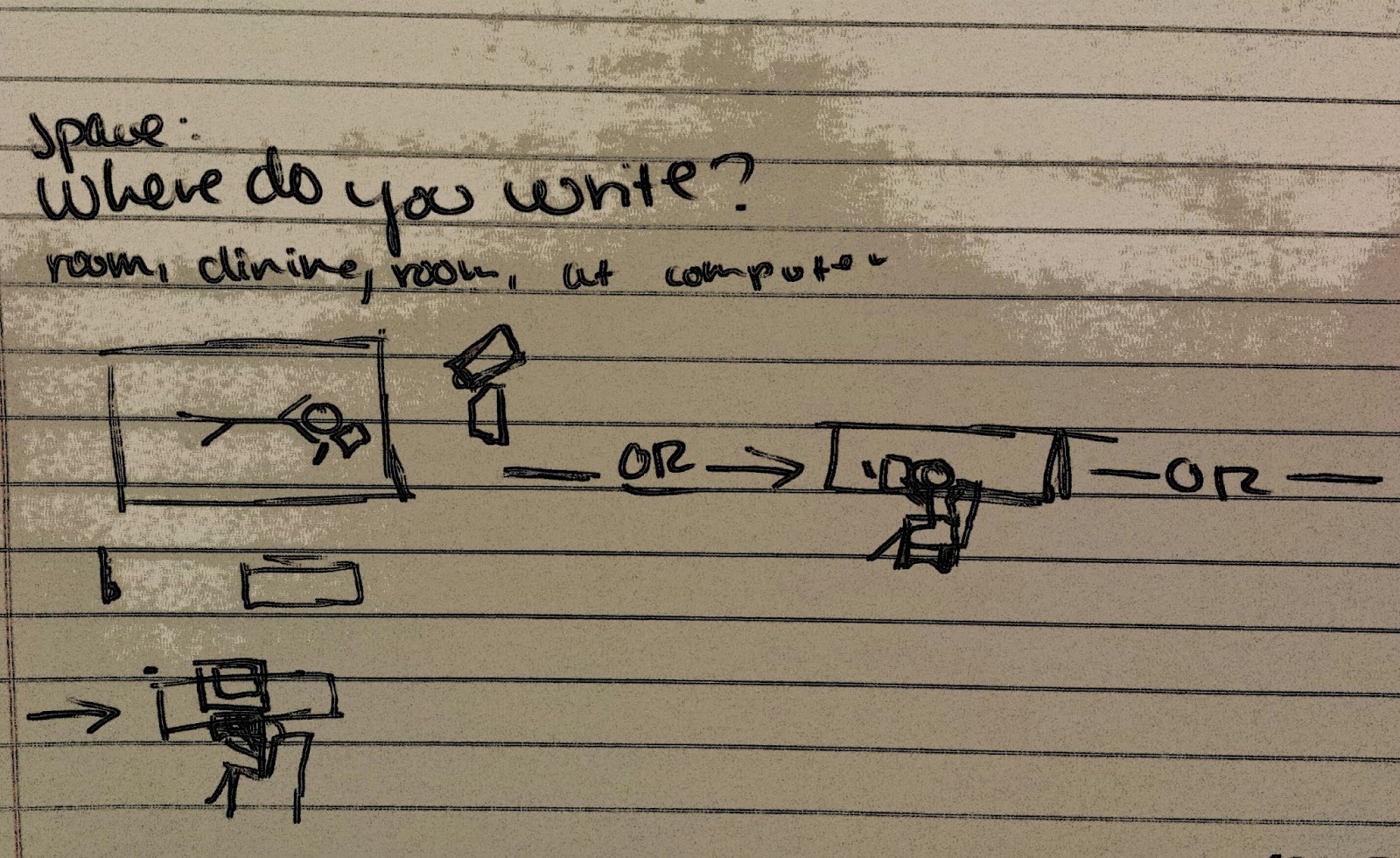This semester you have had opportunities to analyze features of academic, professional, and public texts. You have also had opportunities to write academic texts, present for a general audience, and to compose blog posts and tweets for social media. Given what you now know about rhetorical choices, genre, and language history and change, reflect on the nature of writing in 2015. What challenges and opportunities do new technologies/platforms offer?
Choose only 2 examples and explain.
Identify examples among your own blog posts and those of your peers of successful responses to the unique challenges and opportunities of that genre.
Response: |
| To the right are the outcomes for the writing course I took this semester (Writing 121). |
With every new social media site or way of communication there forms a new genre of writing. Blog writing is different from tweeting is different from instagram captions. I think this is beneficial in the way that people can promote themselves and learn in whatever way they choose by communicating in a way or multiple ways that they find most comfortable. Different fields are using different modes of communication, so being exposed to different types of social media is not useless; is is becoming more and more of a predominant part of culture.
Another thing that genres like blogs do is make complex information discovered in studies by professors easier to understand for the average person. Many people who are very involved in a field have a blog, and this allows for complex information to be simplified so more people can obtain knowledge on a variety of subjects.
However, with this, there is also more availability of false information to the average user. This can create an ocean of unreliable information that people believe because it 'sounds right' or 'makes sense' with no evidence for how credible the source is. Because of this it is important to understand how to justify what sources are and are not credible.







